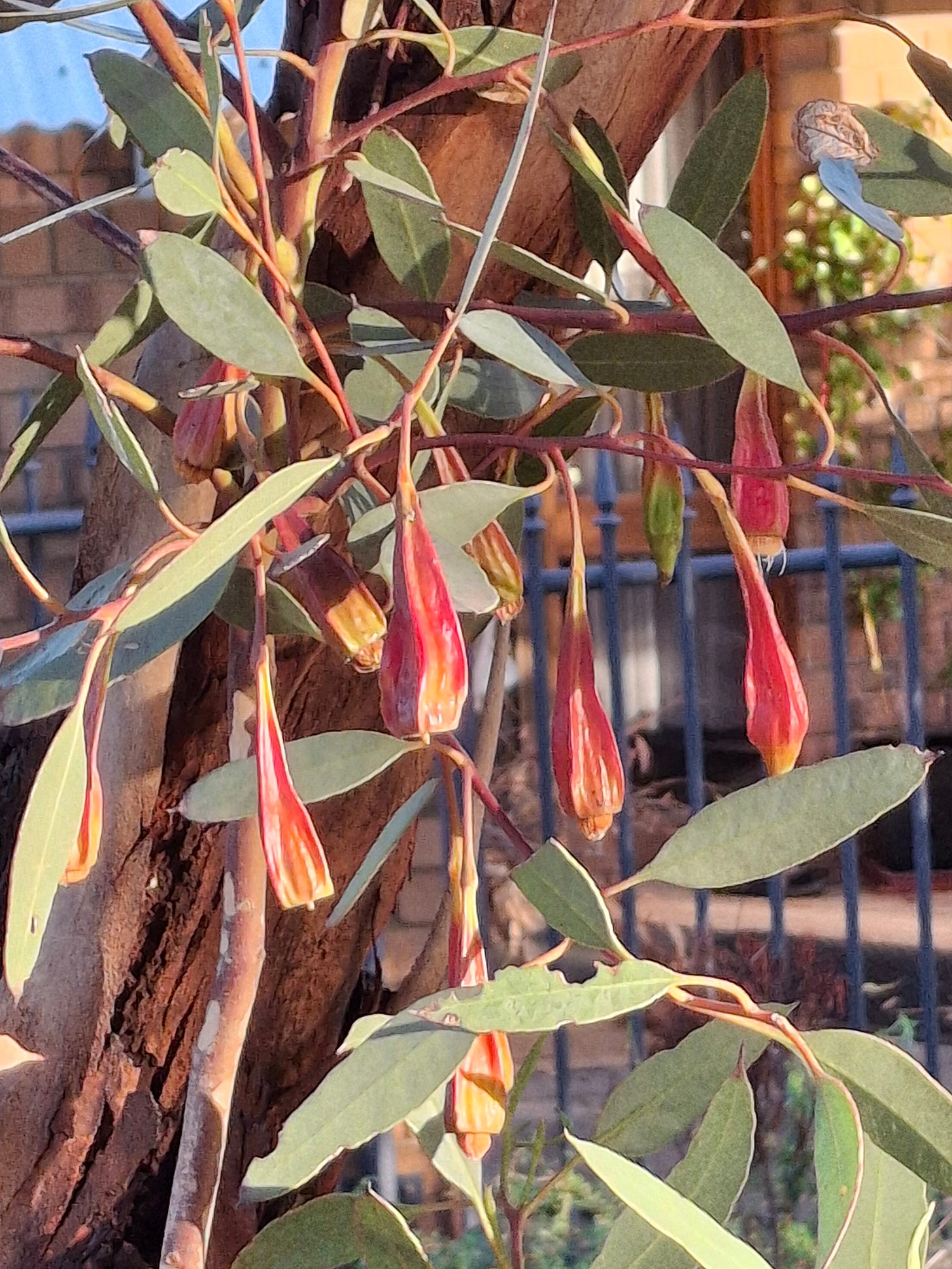Self-improvement on steroids
Why writing is the true transformational practice
If you’re a personal development tragic like me, you feel a magnetic draw to the self-help section of a bookstore.
But you scratch your head at the same old, same old subject matter.

I mean, how many new versions of the Ikigai message do you need to read?
Or the latest bible on setting up your morning routine?
But the book I haven’t seen on the shelves is the one that reveals the big secret.
The one that shows how you’ll grow faster by becoming a writer than you will by reading. (I guess I need to write that book myself soon.)
Writing is the therapy that no one talks about.
It’s the daily action that shifts many personal development levers at once.
Writing both challenges and changes you.
Here are a few ways writing is changing me these days.
Habit Stack
All habits get easier once you pass an average of 66 days.
Depending on how complex the habit is (according to Dr. Phillippa Lally's published research).
I wrote online every day for 300 days.
I came to know that writing was in my bones.
I hadn't expected this habit to also lead to:
a more reliable weekly exercise routine
the ability to stay on a gluten-free diet
increased commitment to a monthly budget.
I found that once I created one regular habit in my day, this habit game took on a life of its own. It spilled over to rework other sloppy areas that needed an upgrade.
Ever started cleaning the kitchen and heard all the neglected areas of the house crying out for a deep clean?
Mastering a habit said:
I can stick with this hard thing.
I’m accountable to myself.
I’ve got this.
Energy and confidence took over, allowing me to make light of the other changes I'm determined to make—the ones I've left languishing on a forever/someday deadline.
And what did I learn about how to make changes and stick with them?
Start small. You’ve likely heard that James Clear calls these atomic habits.
Some atomic habits I’m now considering:
Speak Italian one word a day.
Recommend one other Substack writer a week.
Take one step each day toward completing my book.
So start with writing something every day, even if in a journal.
It may not be as easy as reading, but it’s way more satisfying and transformational.
Black and White Movies Turn Color
As a writer, you have to pay attention.
And, as you do, your world switches from black and white to brilliant Technicolor.
To bring more detail and concrete examples into my writing, I started a writer's notebook. I take down incidents, conversations, and metaphors that come to me.
I found out that there’s so much more to see.
Like
the crimson pendants dripping from the eucalyptus tree in my neighbour’s garden.
the Aussie wattlebird with the red throat-dangles now visiting my native garden.
how the Top Ten Classic Symphonies playing on the national radio program make me feel. (I'm in a cosy ski lodge sipping hot chocolate and gazing at a snowy Annapurna-like mountain on a crisp spring day.).
Writing, and especially sharing personal experiences and stories online, changes you.
You tune in more to the nuances of feelings that run underneath your days.
You get a better grip on understanding your emotions and what they’re trying to tell you. Your EQ (emotional intelligence) spikes.
Feelings no longer quietly murmur in the background. You start paying them the attention they’re due.
You find out the patterns you may have been running for a while.
You get a little distance.
And you find out which emotions you’re ready to swap out for some you’ve neglected. Say, doubt, or worry, in exchange for awe.
Writing has taught me to stay alert. To notice and record what I see and feel.
And to find the exact words to convey that to someone else.
I don’t know of any therapy that does that better.
Purpose and Passion
Oh yes, the Ikigai books in the bookstores. Of course, I've read one, at least.
And I can hardly think of a more important topic.
But as far as living my ikigai, I've found that writing ticks the boxes for me.
In these ways:
Writing is a daily activity, oozing meaning and purpose.
Publishing my work creates a social connection and a sense of contribution.
Writing challenges an ever-evolving self-awareness, as I reflect and report.
So, to be frank, I’ll probably always linger in the bookstore self-help section. And read what stretches my interests and promises impact.
But as far as putting it all to the test, I’ll continue the habit of reaching for the words.
Sending them out.
And paying attention.
Personal development is part of the challenge of it all.
There’s no way you stay stuck, bored, or confused as a writer.
Writing asks too much of you.
Please feel free to comment. Especially any current or aspiring writers.



